News Archive
-

Unwanted phone calls or texts? Threats of violence or blackmail? If this sounds familiar, you might be a victim of stalking.
Whether in person or on the internet, being stalked is a uniquely terrifying and isolating experience. Victims may be afraid to report their stalker out of fear of retaliation, or be unsure where the dividing line falls between innocent behavior and obsessive, potentially dangerous tendencies.
But the more we talk about this behavior, the more we can do to stop it.
-
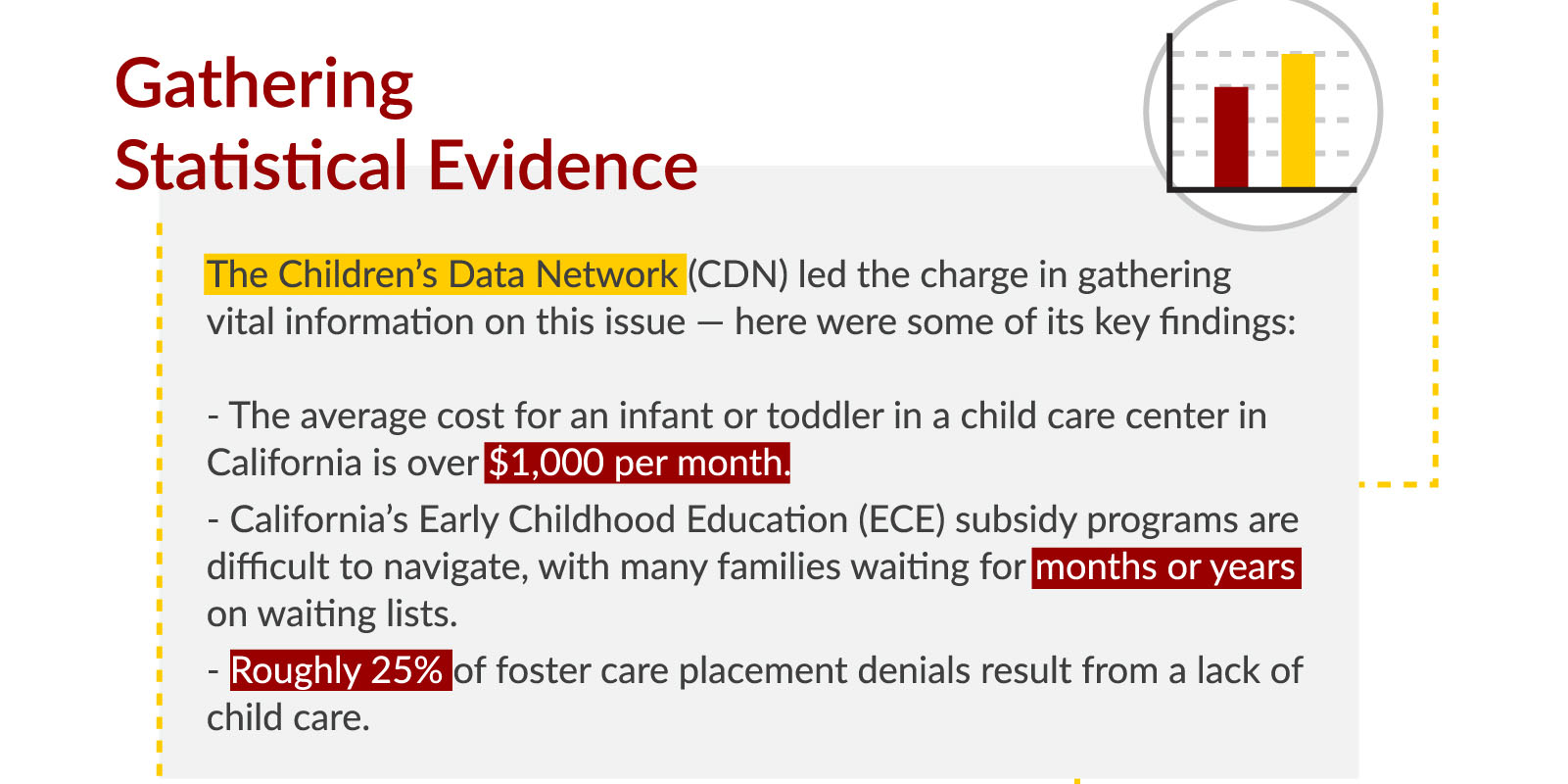
California is facing a growing foster care dilemma: In the current economy, the state’s social services agencies are having an especially difficult time recruiting resource families to care for very young children after they have been removed from their homes.
-

Homeless youth face an immediate need for food, clothing and shelter — but what about yoga? One recent PhD graduate, who teaches yoga classes in drop-in centers, explains the benefits of this practice.
At any given time, nearly 6,000 young people experience homelessness in Los Angeles. While they may certainly face difficulty fulfilling basic human needs for food and shelter, the stresses of street life can also take a significant mental toll. Often, violence and drug use among homeless youth make the path to a better life seem unachievable.
-

A leader in the prevention of alcohol-related issues among college students, USC professor John Clapp is finding new ways to combat heavy drinking on campus.
Binge drinking on college campuses is nothing new. Despite decades of research into the cause and possible solutions for this behavior, the problem has only grown more dire.
-
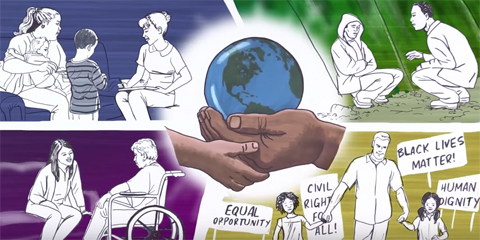
As a call to action on urgent problems such as homelessness, the health gap and mass incarceration, the USC Suzanne Dworak-Peck School of Social Work is taking part in the Grand Challenges for Social Work. Organized by the American Academy of Social Work and Social Welfare, this a national effort to achieve societal progress by identifying specific challenges that social work can play a central role in overcoming.
-
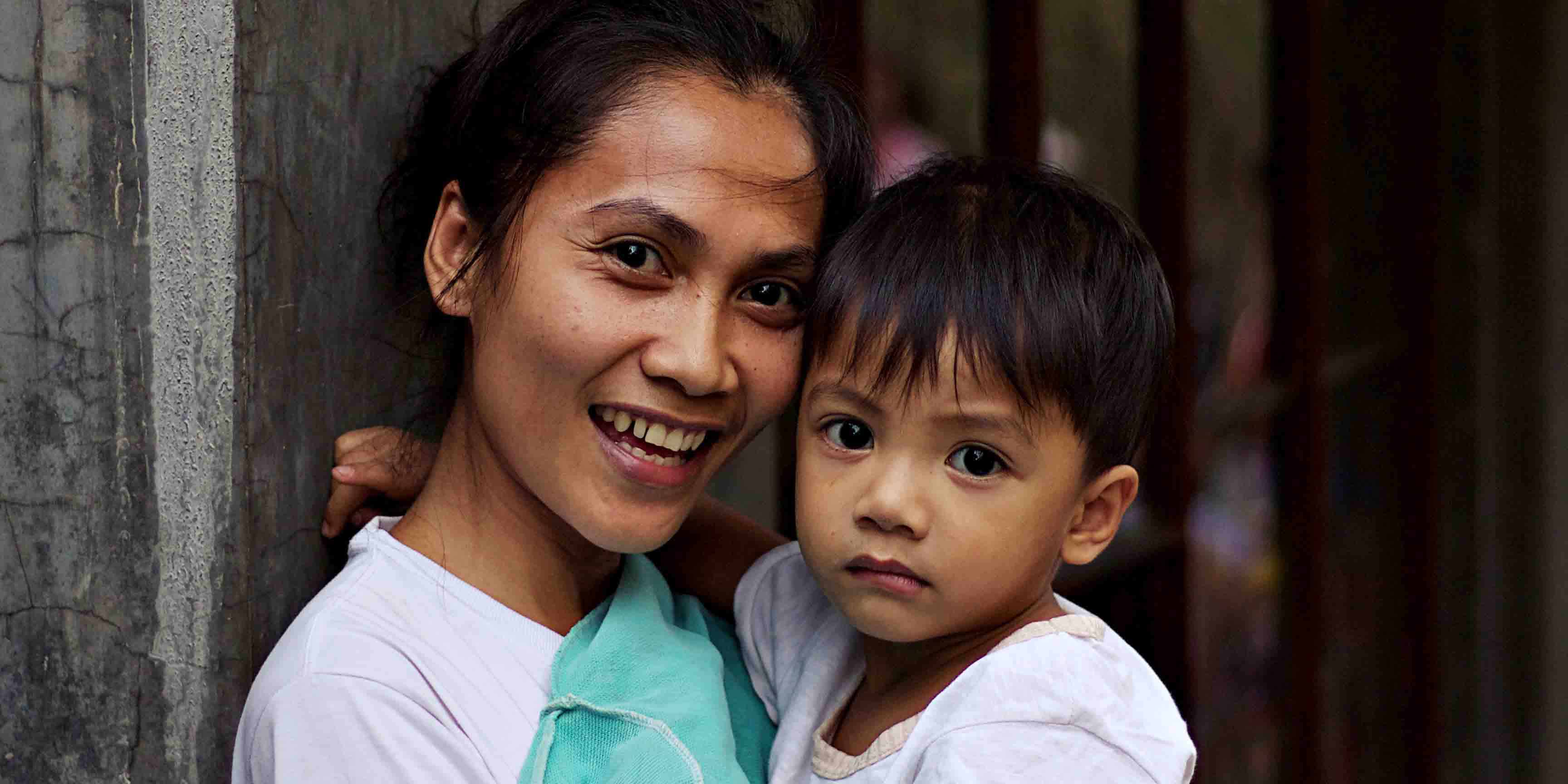
USC’s Global Immersion Program gives insight into the state of sex tourism and human trafficking in the Philippines.
Thanks to relaxed trade agreements and a globalized economy, poverty, patriarchy and other root causes, human trafficking — essentially modern-day slavery — is the fastest-growing enterprise in the world. Having spread to more than 100 countries worldwide, this phenomenon is especially prevalent in countries such as the Philippines, where migrant labor is plentiful and regulations protecting workers are limited.
-
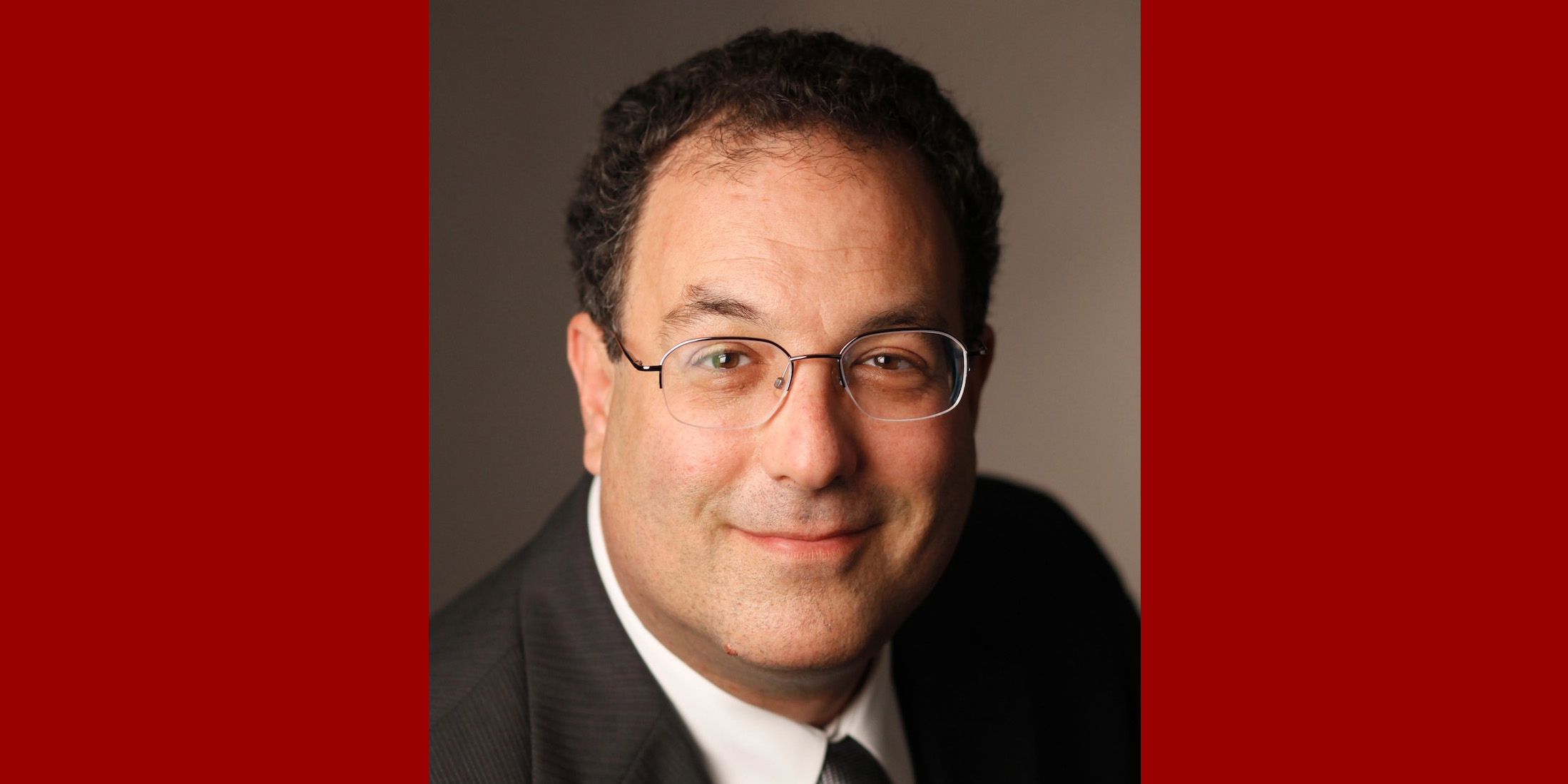
I don’t start fights, but if I get punched first, I will punch back harder to defend myself.
If someone calls me names, I’ll verbally humiliate him in public.
The whole world is against me. Everyone picks on me more than others—the world is not fair to me. No one will respect me if I don’t get them back.
-
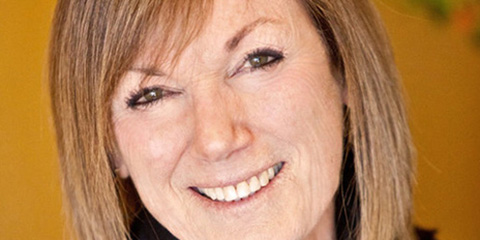
Wendy Smith, who has worked at the USC Suzanne Dworak-Peck School of Social Work for 23 years, most recently as associate dean for curriculum planning and assessment and a clinical associate professor, before announcing her retirement earlier this year, has given $110,000 for staff awards – $100,000 to establish the Wendy Smith Endowed Staff Recognition Fund and an additional $10,000 to fund the first two years of the awards, which begin in 2018.
-
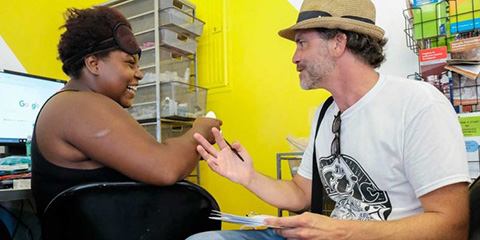
At USC, we have created a research center, The USC Center for AI in Society (CAIS), that offers a radical shift in perspective. Our center is founded on the idea that AI can be used to improve society and fight social injustice. From our perspective, the vast majority of the persons who benefit from AI currently are people who live with a certain amount of privilege. Largely, this is due to the fact that much of AI is wrapped up in the high-tech economy.
-
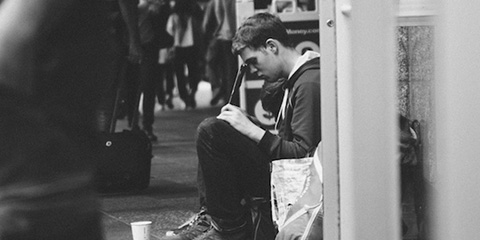
Katie Jay, MSW ‘16, experienced homelessness as a child. She now helps the homeless find permanent housing and access to mental health services.